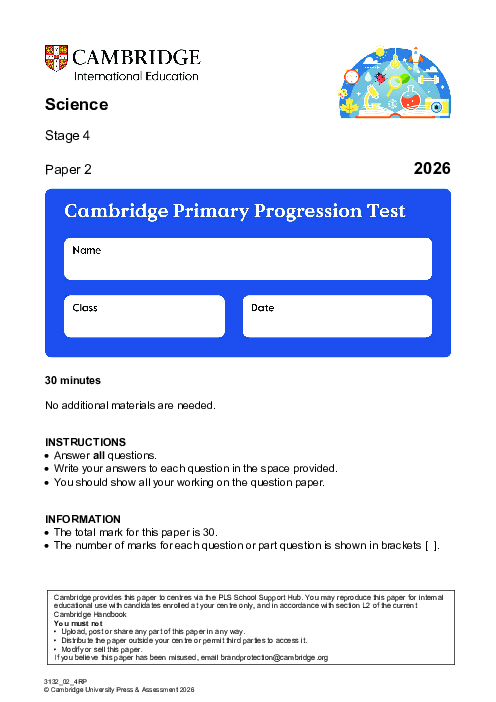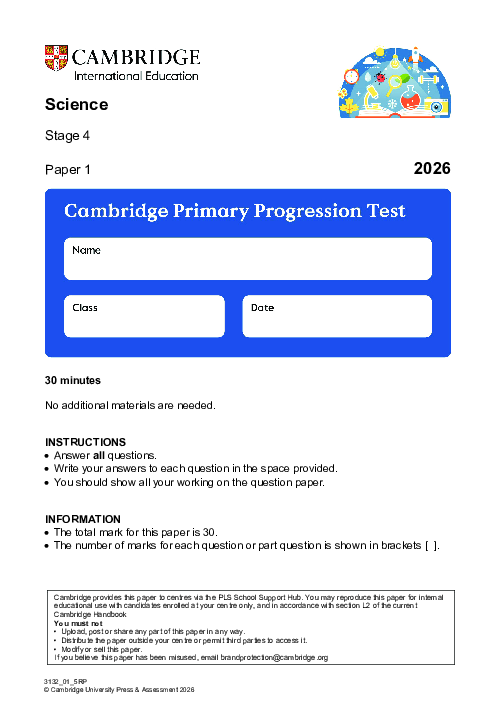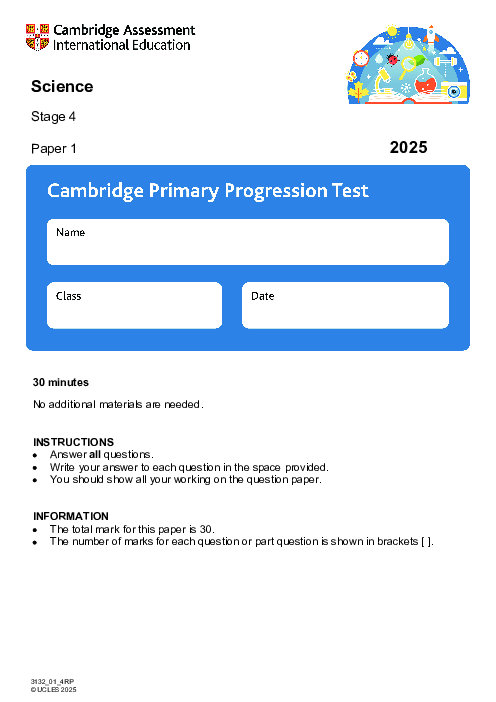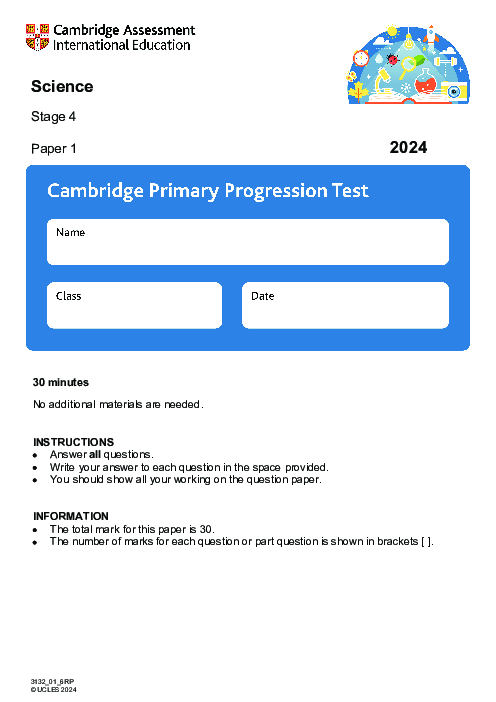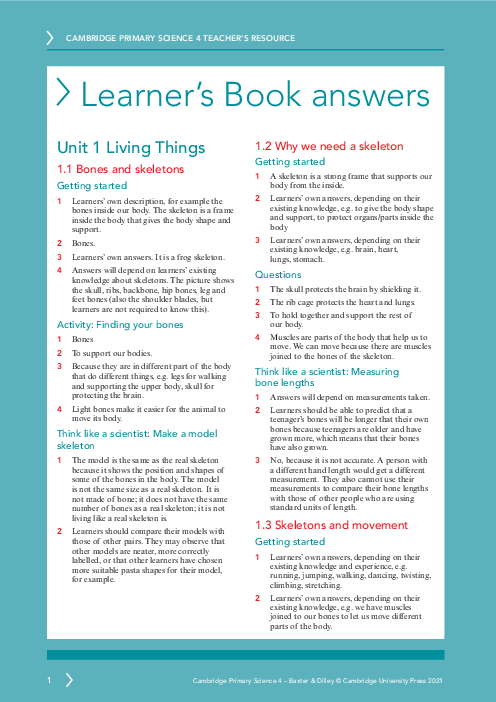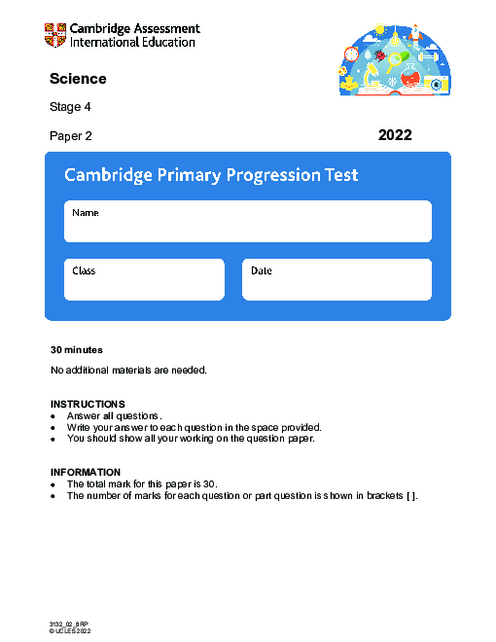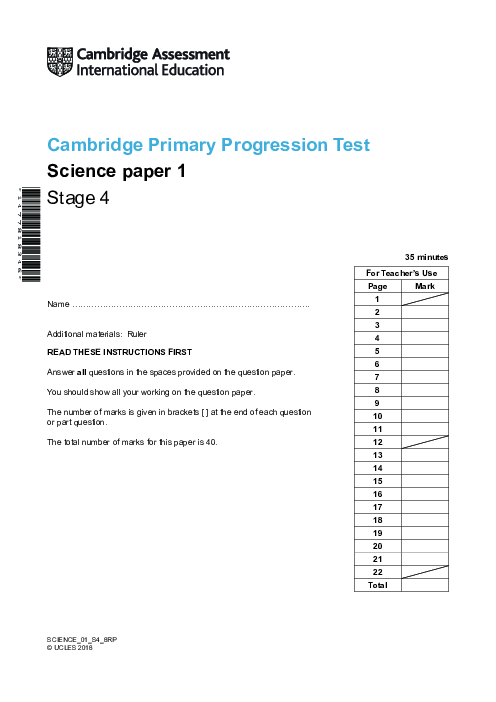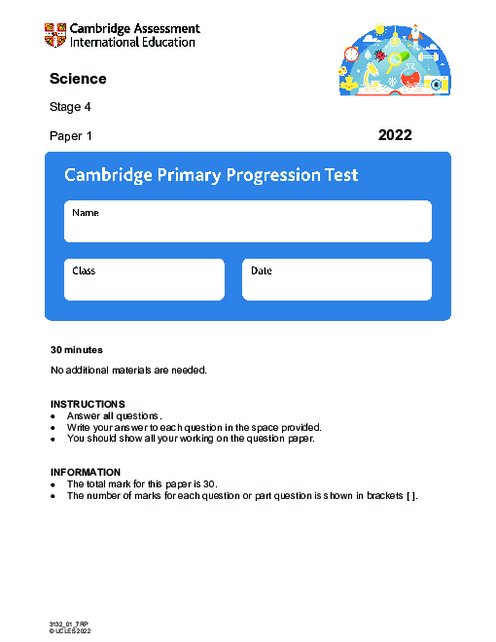This moot point tackles the concept of time travel, a popular subject in science fiction, and discusses it from a scientific and theoretical perspective.
Is time travel possible?
پاسخ ها: {{ repliesNum }}
پاسخ انتخاب شده
در پاسخ به: {{ reply.reply_to.name }}
در پاسخ به
این پیام حذف شده است.

